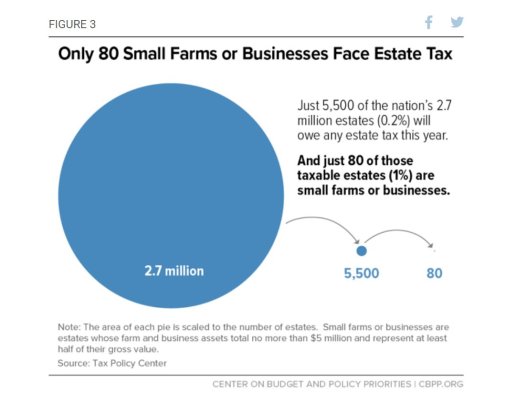ncbill
Thinks s/he gets paid by the post
PS: I'm going to dig deeper into the records, but my DW never had a high paying job, was a stay-at-home Mom for many years, and I just noted that her own Roth IRA is now over 1/2 a Million dollars (and very conservatively invested, I counted it as part of our fixed income AA). Yes, I had a good career so she could be a SAHM, and then take a modest paying job she enjoyed. But a half-million is doable for many, if they choose to make a max contribution to their IRA, rather than spend it.
-ERD50
Yep, my kids divert 30% of their pay to their Roth TSP & max out an external Roth as well.
On gross income as low as $3,500/month.
Last edited:

